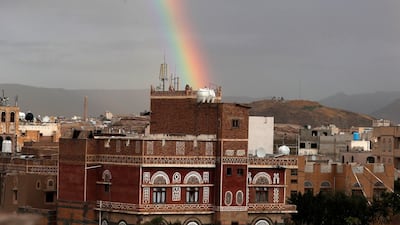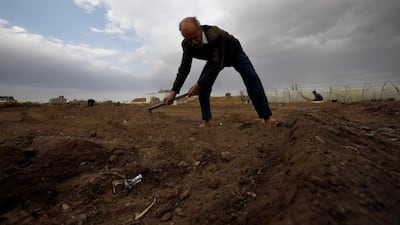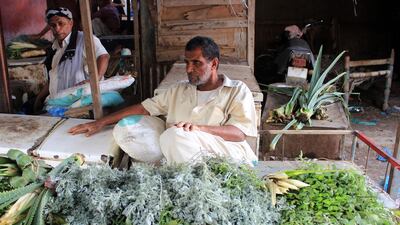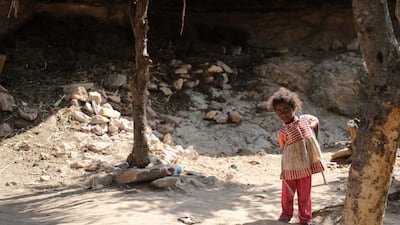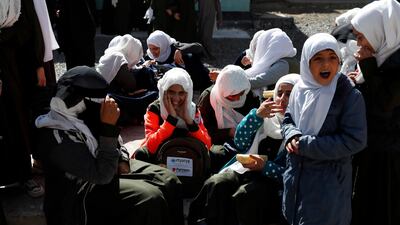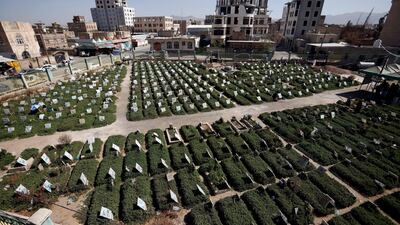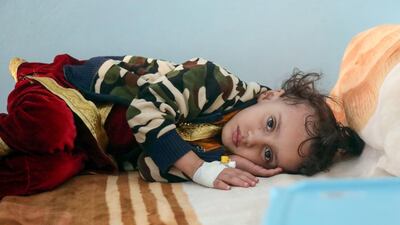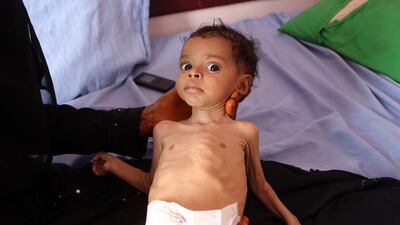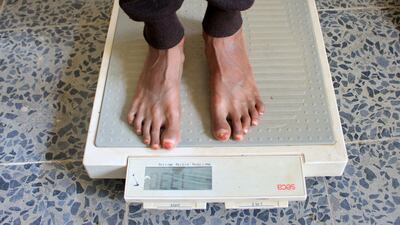Most hunger crises today are self-inflicted. Six out of ten of the world's hungry live in countries at war with themselves, affecting more than 400 million people. Conflict causes hunger and hunger leads to conflict and the cycle perpetuates. The resulting tide of hungry refugees and economic migrants threatens to destabilise entire regions.
The World Food Programme has been awarded the Nobel Peace Prize for 2020 for "its efforts to combat hunger, for its contributions to bettering conditions for peace in conflict-afflicted areas, and for acting as driving force to prevent the use of hunger as a weapon of war and conflict."
In recent years, the UAE has become one of the leading donors to WFP and has provided $650 million to support WFP’s operations during the last two years.
The UAE now hosts WFP's largest office outside its headquarters in Rome and the most important logistics hub in the UN system at the International Humanitarian City in Dubai. WFP and the UAE have become close partners as first responders, moving aid quickly and efficiently in times of crisis.
While starvation in conflict zones easily draws attention in the media, chronic hunger does not. Sadly, we as an international community have made the least progress on this UN Sustainable Development Goal: ending hunger.
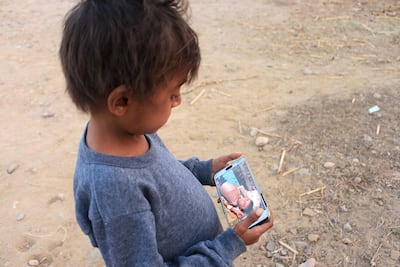
There are many reasons for this – including poverty, discrimination against women and minorities, environmental degradation and insufficient investment in agriculture.
With each passing year, climate change inflicts increasing harm on farmers as they struggle to cope with rising temperatures and cycles of flood and drought. After harvest, an astounding 1.3 billion metric tons of food simply goes waste each year.
Add Covid-19 to the equation and we could soon see another pandemic – a hunger pandemic as relentless as the virus itself. Covid-19 has claimed 1.5 million lives already. If we allow it to create a second pandemic of hunger and malnutrition, the cost of lives lost will be far more devastating.
Hunger and malnutrition kill 3 million children under the age of 5 each year. We must not allow the spread of Covid-19 to add to that.
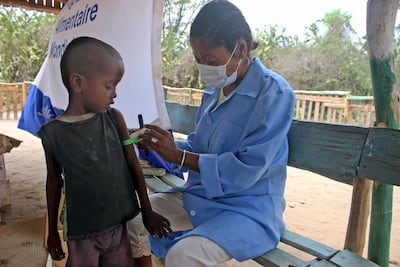
As we continue to step up efforts to fight the Covid-19 pandemic and hunger around the world, the WFP/UAE air bridge, moving supplies and people, is a perfect example of global solidarity.
By unifying our efforts, we can save lives and help those most in need.
The Covid-19 pandemic has eaten into harvests, disrupted supply chains and decimated the incomes of tens of millions of households. Even where food is available, each day more people lack the money to buy it. All told, 270 million people may find themselves in an extreme hunger crisis in 2021, including some 30 million people who are already at the brink of starvation.
But what is the way forward?
First, we must press all parties to honour the UN Secretary General's call for a global ceasefire. If most hunger stems from politics, we need political solutions.
Brokering peace will not only curb outbreaks of hunger in war zones, it will help stem the surge of refugees and economic migrants now overwhelming many host countries.
Second, we must pre-position food in the most vulnerable regions by year's end. This is not just a task for governments.
The private sector should step up to help, with both funding and expertise. Avenues must be explored for further collaboration between institutional donors and the private sector.
Third, we need to concentrate aid on women and girls as they are most often the victims of malnutrition.
It is not enough for us to save lives if we do not fundamentally change lives.
Finally, we must build resilience in societies so that in the future they can better withstand shocks like Covid-19. And we must start with the youth.
School closures have ended meals for 370 million children around the world. With help from the UAE, WFP is already providing take-home rations, vouchers and cash transfers to help strengthen nutrition and prevent disease among these children.
We cannot let a generation in the developing world become collateral damage in this pandemic – malnourished, uneducated and with little hope of leading productive lives.
Covid-19 has taught us solidarity and sincere collaboration. Even in wealthy nations, families with jobs could find themselves relying on government aid or food banks.
Tens of millions in the developed world today no longer take food for granted and share the worries of the world's poor in a way we never imagined possible. Perhaps in the pain Covid-19 has thrust upon us, we can finally come together and work towards building a world without hunger.
Reem Al Hashimy is UAE Minister of State for International Co-operation. David Beasley is the executive director of WFP
